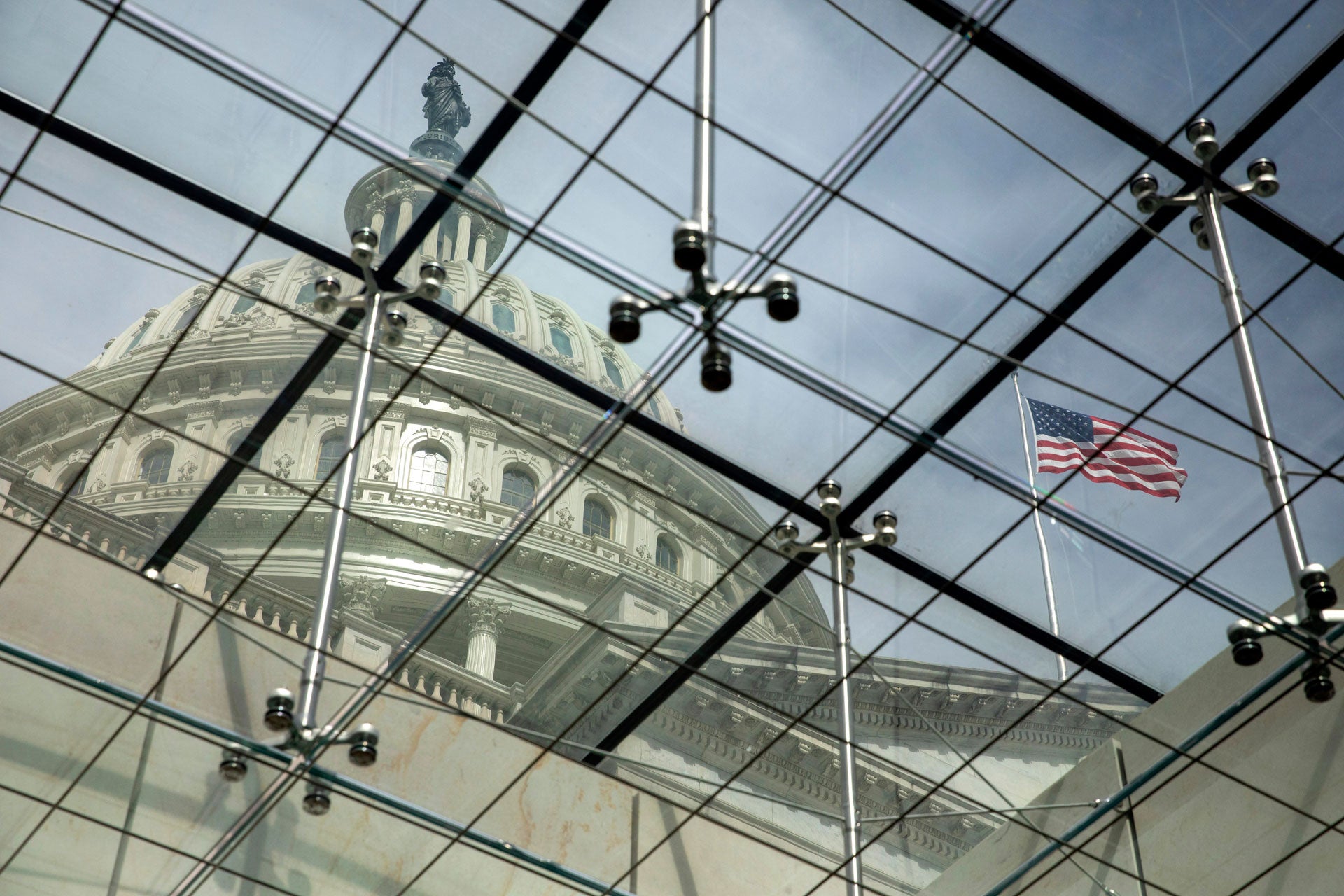US Congress Misses Key Opportunity to Promote Rights
Today, the US Congress passed the annual defense spending bill.

The legislation leaves out several significant human rights priorities, despite efforts from some lawmakers. Each year, legislators actively seek to include their own amendments in the final bill - known as the National Defense Authorization Act (NDAA) – to ensure passage of the things they care about, even if only tangentially related to defense. Over the past several months, as Congress has negotiated to advance different versions of the legislation, human rights-related amendments were variously added and removed. In the final bill, $768 billion in defense spending was approved, but human rights didn’t make the cut. Here are three examples of what was left behind: No accountability for the death of Jamal Khashoggi. An amendment to impose visa sanctions on individuals responsible for the murder of Saudi journalist Jamal Khashoggi failed. While far from sufficient, the sanctions would have been an important step toward accountability. No mandatory reporting on abuses against migrants abroad. Another failed amendment would have required the State Department to include information about violence and discrimination against migrants in its annual human rights report. Such a requirement could have led to both greater attention to and accountability for these rights violations, as well as enhanced protections for migrants in the future. No transparency over Egypt’s crimes. Another failed amendment would have required Secretary of State Antony Blinken to produce an annual report on state-sanctioned extrajudicial killings and torture in Egypt.
The State Department’s annual human rights report has obscured the extent to which Egyptian authorities are committing egregious human rights violations such as extrajudicial executions and covering them up as “shootouts.” The NDAA doesn’t just omit rights-respecting provisions such as those mentioned above, it includes language that is detrimental to human rights. For example, the legislation prohibits using funds to close the military detention center at Guantanamo Bay despite a history of detainees having suffered torture, lack of appropriate medical care, and violations of due process. It’s not too late for Congress to promote human rights through other mechanisms. Many of the human rights amendments that failed to gain traction in the NDAA are much needed. Lawmakers should act quickly to garner support in other ways, including by putting forward standalone legislation. In doing so, they can send a message that human rights don’t belong on the Capitol’s cutting room floor.
Read the full article at the original website
References:
- https://www.nytimes.com/2021/12/15/us/politics/defense-spending-bill.html
- https://www.hrw.org/news/2019/10/02/saudi-arabia-provide-justice-khashoggi-killing
- https://www.hrw.org/middle-east/n-africa/egypt
- https://www.hrw.org/news/2021/09/07/egypt-shootouts-disguise-apparent-extrajudicial-executions
- https://www.hrw.org/united-states/national-security
- https://www.hrw.org/news/2020/02/13/guantanamos-ugly-taint-us-diplomacy
